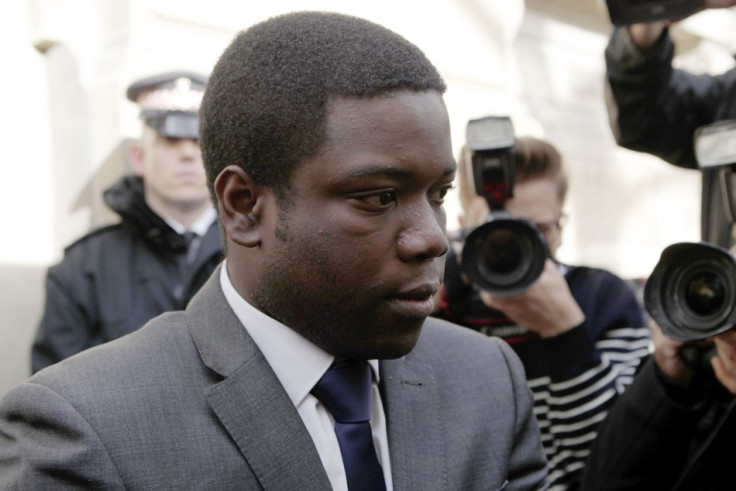UBS Alleged 'Rogue Trader' Kweku Adoboli Granted Bail

Kweku Adoboli, the ex-UBS employee at the centre of one of the largest rogue trading scandals in recent history was granted bail by a London court, ahead of his trial on 3 September.
Adoboli, who denies charges of fraud and false accounting which cost the Switzerland-based bank UBS $2.3bn last year, was previously denied bail in February.
Since Adoboli's bail application was heard privately at Southwark Crown Court, the exact conditions have not been disclosed to the media.
However, Tim Harris, the lawyer acting for Adoboli, told the Reuters news agency that Adoboli would have to be electronically tagged and adhere to curfew conditions, including living at a friend's house.
UBS's Risk Management Headache
UBS' reputation in risk management controls has been questioned over the years and has caused fluctuations in investor confidence, which stem back to before the alleged rogue trading scandal of September 2011, during Abodoli's time working on the Global Synthetic Equity business desk in London.
Previous to this, UBS has had other failings in risk management, which has resulted in major losses over the last 5 years.
In April 2008, UBS admitted to failings in its risk management structure, in a 50-page report requested by the Swiss Federal Banking Commission, following big losses across many divisions in 2007 and the following year. The fallout resulted in a substantial decline in wealth management clients, with the net outflows increasing quarter after quarter as investor confidence waned.
Fast-forward to November 2009 and the UK regulator, the Financial Services Authority (FSA) fined UBS £8m for "systems and controls failures that enabled employees to carry out unauthorised transactions involving customer money on at least 39 accounts, which took place between January 2006 and December 2007."
At the time, the £8m fine was the third largest fine the FSA had ever imposed. The FSA said in a statement that UBS agreed to settle at an early stage of the FSA's investigation meaning it qualified for a 20 percent discount. Without the discount, the FSA would have imposed a financial penalty of £10m.
"These employees were able to take advantage of UBS' inadequate systems and controls, giving them free rein to make unauthorised trades with customer money that they were then able to conceal," said Margaret Cole, FSA director of enforcement and financial crime. "It is imperative, particularly in these more challenging financial conditions, that firms have suitable systems and controls in place to keep their houses in order. Where firms fall short in this regard, the consequences will be severe."
© Copyright IBTimes 2025. All rights reserved.






















